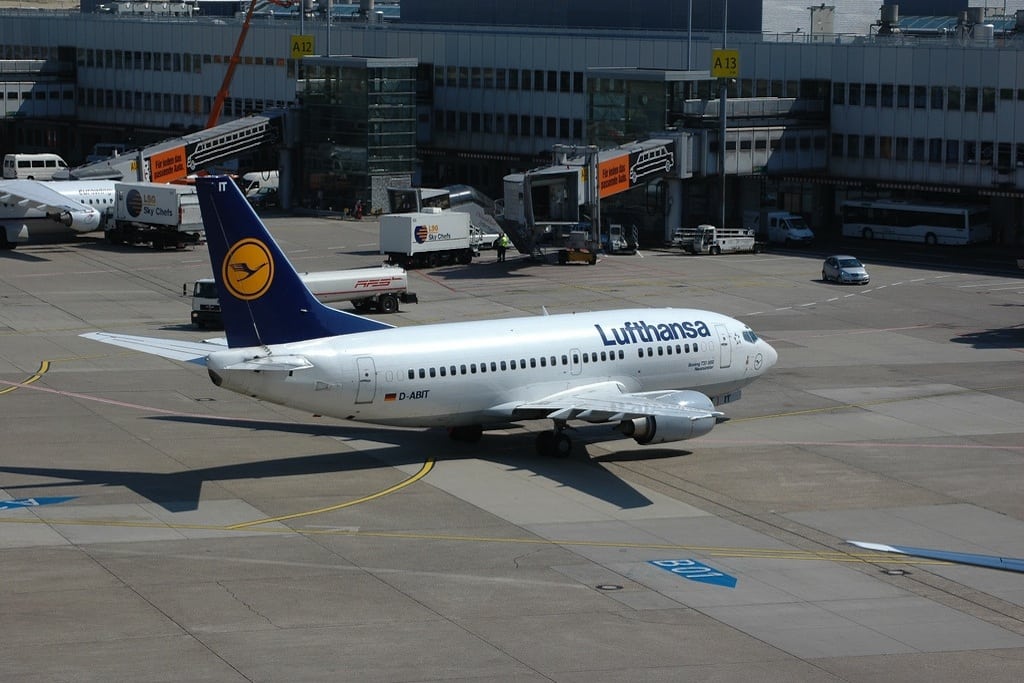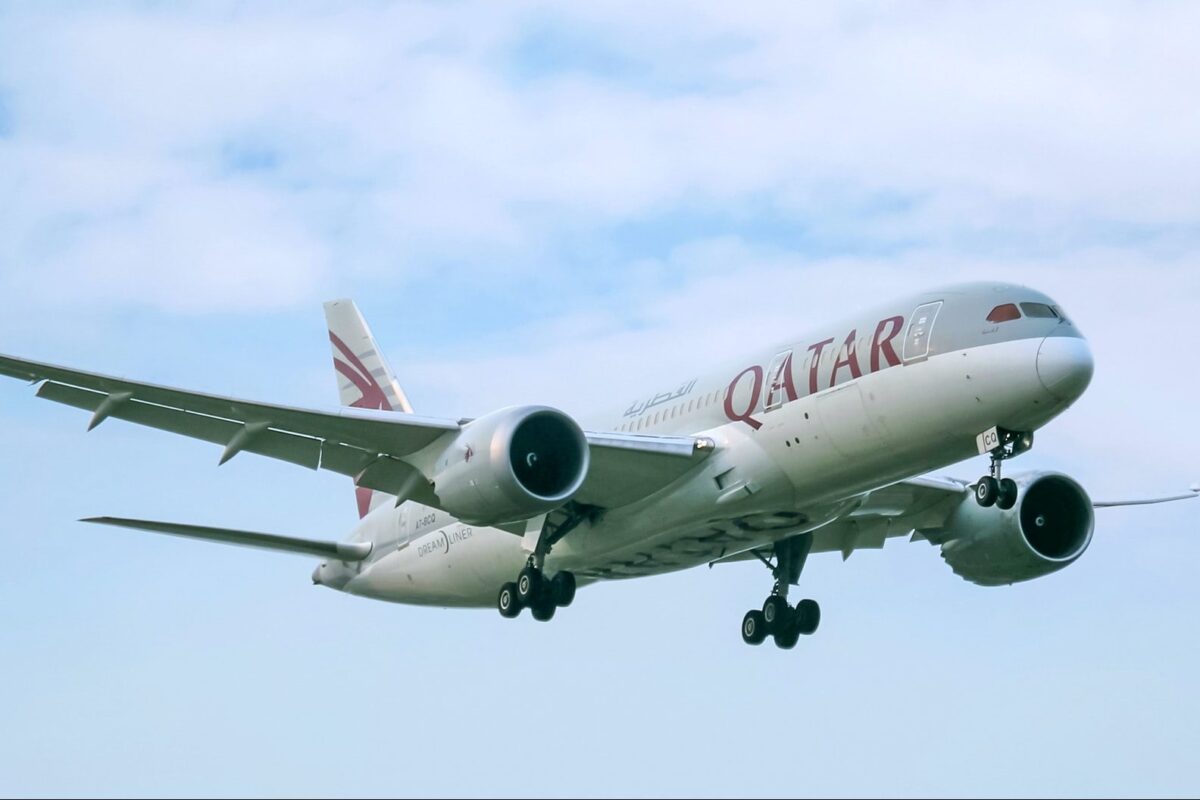Lufthansa cancels 500 flights in anticipation of labor strike Thursday

Skift Take
Deutsche Lufthansa AG scrapped most short-haul flights and some inter-continental services scheduled for tomorrow morning as cabin crew and ground personnel prepare to strike over pay.
Lufthansa staff in Frankfurt, Munich, Hamburg, Dusseldorf, Cologne and Berlin are being encouraged to walk out as the Ver. di union seeks a 5.2 percent pay boost and more job security for 33,000 people at airline, IT, catering and maintenance units.
“We have canceled most German domestic and European flights between 5 a.m. and noon,” Lufthansa spokeswoman Mi-Kyung Lee said, adding that long-haul trips will operate as the situation allows. Its website listed 498 cancellations as of 1 p.m. in Frankfurt, with a service to Beijing among those lost.
Lufthansa Chief Executive Officer Christoph Franz is facing resistance as he tries to push through an efficiency program aimed at lifting operating profit to 2.3 billion euros ($3 billion) by 2015. Planned measures include 3,500 job losses and a two-year pay freeze for ground workers.
The proposals amount to a “provocation,” Christine Behle, who sits on Ver.di’s federal executive board, said in a statement. Behle will succeed the union’s chairman, Frank Bsirske, on Lufthansa’s supervisory board after Europe’s second- biggest airline holds its annual meeting in Cologne on May 7.
Editors: Chris Jasper and Benedikt Kammel.
To contact the reporter on this story: Richard Weiss in Frankfurt at rweiss5@bloomberg.net. To contact the editor responsible for this story: Benedikt Kammel at bkammel@bloomberg.net.
![]()




